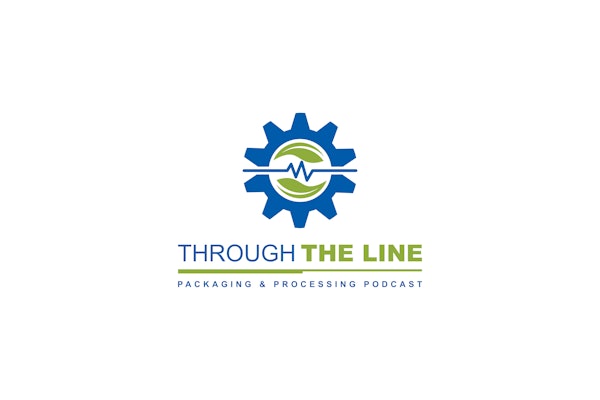1. Deal with the right person. Find the person on the supplier side who has the proper technical knowledge and authority to help you, rather than going through the supplier’s salesperson in the hopes that they can translate. Ideally the person you deal with will be the one responsible for the design of the equipment.
2. Create an action document. Create one action document that lists who’s doing what, and the status of each item, rather than sending 1,000 e-mails. Schedule formal design reviews where you review the document together and assess status. This can be accomplished over the phone; it doesn’t necessarily need to be face-to-face. The supplier should take ownership of maintaining and updating this document throughout the project.
3. Be transparent and consistent. Suppliers will only quote solutions based on what you’ve told them. If you’re not consistent with information you provide to suppliers, you’re not getting apples-to-apples comparisons. Try to avoid keeping small pieces of information from suppliers just because they seem inconsequential. Often, they can be quite the opposite.
4. Validate at the supplier’s facility. According to experts, validating the new process using your real product samples, at the supplier’s facility, can be the difference between success and failure. It will smooth installation and debugging, and give a boost to your operator training.
5. Produce line layout drawings. Having a signed-off floor plan avoids a lot of problems and clearly communicates to the supplier whether the labeler should be a right-hand or left-hand orientation, and precisely how the machine fits into the line.
Liked this article? Download the entire playbook here.


























